The senior men of Ngāti Whātua Ōrakei broke the internet in February when they wore sharp suits, hats and steely gazes at the pōwhiri for national kapa haka festival Te Matatini.
The fact their looks were seen as so out of the ordinary says a lot about how we dress in 2023. Ngāti Whātua Ōrakei deputy chair Ngarimu Blair seemed a bit bemused by the fuss, telling the NZ Herald that “presenting well is all to honour our amazing tūpuna who we love and respect so much”.
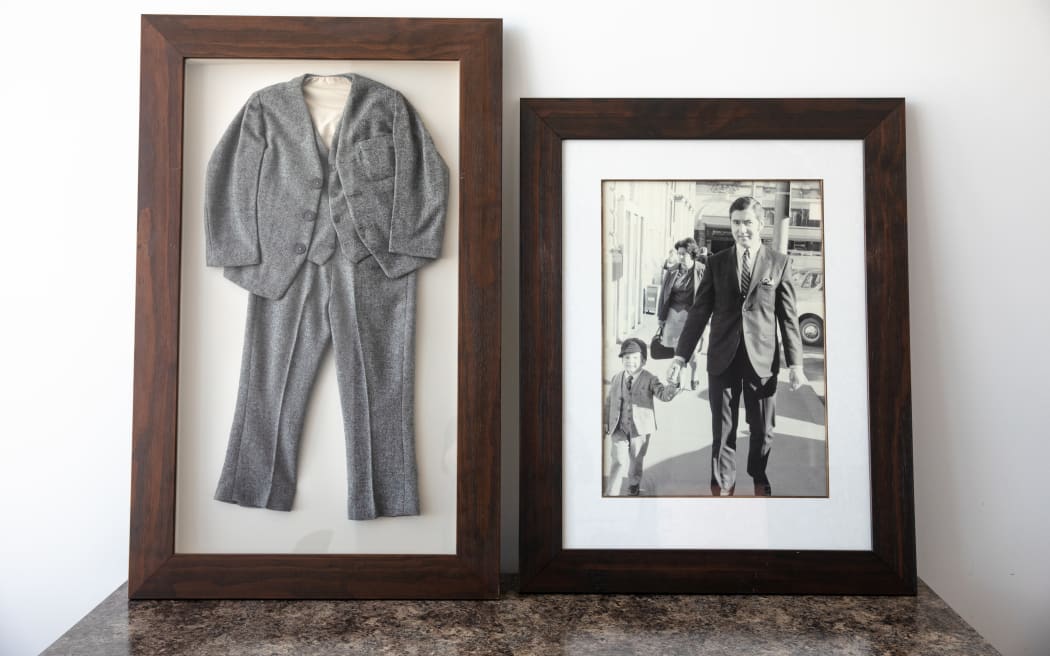
Philip O'Neill's childhood suit, framed, next to a picture of him as a child wearing the suit walking hand in hand with his suit-wearing father. Photo: RNZ / Cole Eastham-Farrelly
While dressing up for a formal occasion used to be the norm for all of us, these days it seems anything goes. Shorts at a wedding? No problem. Jandals out to dinner? Sure. Sneakers in corporate offices? Go right ahead. In Britain, the BBC recently told its news presenters that looking more ‘sweaty and dirty’ in the field made them look more trustworthy.
In a world where looking like you don’t care what you wear has become a valid style choice, is making the effort to dress up dead?
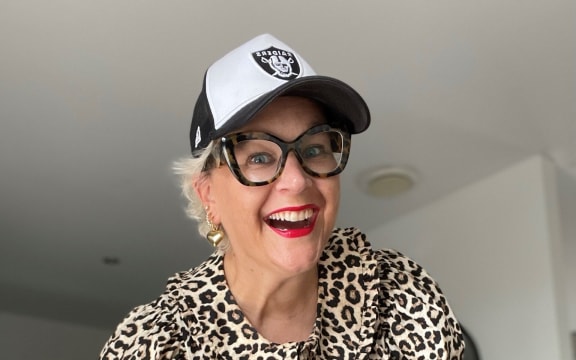
Auckland personal stylist Emma John says our relaxed approach to clothing reflects our lifestyle. Photo: Supplied
Auckland personal stylist Emma John reckons it’s not that we don’t dress up; it’s that our lifestyles have changed. Working from home – and dressing for home – is a thing we don’t necessarily want to give up.
“I think yes, in terms of work wear, workplaces have got a bit more casual. But I think their biggest problem at the moment is getting people back into the office, let alone how they're going to get people to dress.”.
In the early days of her career, Wellington lawyer Nikki Bloomfield says she and her female peers were expected - and sometimes required – to dress formally: “suits, pencil skirts, blazers”. On the day we speak, she’s wearing a jumpsuit for a day of meetings and social catchups. Now working in a technology company, she says she’s gone from the formal to the extremely casual in her workplace environment, where ripped jeans and t-shirts are not out of the ordinary.
“I remember seeing a workmate recently who was literally wearing slippers. That's what made him comfortable. And that's fine. No one is batting an eyelid.”
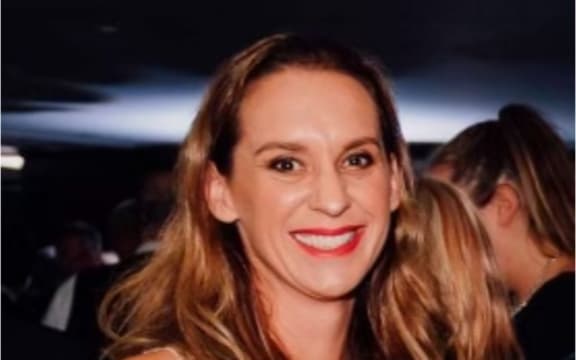
Wellington lawyer Nikki Bloomfield was expected - and sometimes required - to dress a certain way at the start of her legal career. Photo: Supplied
Bloomfield thinks the change in dress standards – and the dropping of rules – is a good thing.
“I've seen this really welcome change where it's gone from someone else setting expectations about how you should dress, to a personal choice about how you want to reflect yourself,” she says.
Organisations across the spectrum are now wary of dictating how people should look. Vodafone NZ dropped its dress code a decade ago (though retail staff still wear a uniform) and now applies the concept of freedom to workwear.
“One of the ways we express what freedom can mean to people is a freedom to express yourself and bring your most authentic self to work”, explains Vodafone’s Head of People Experience Sarah Bellett.
“And I think the way people can express this is through the way they dress. That can be heels and a really nice dress if you are feeling like you want to feel really strong and powerful going into a meeting today. Or it could be in cultural attire.”
When it comes to what’s appropriate, anything goes, Bellet reckons.
“I think we've really moved on from people being judged by their clothing as an outward expression of their personality. We've just moved on from that.”

Philip O'Neill Photo: RNZ / Cole Eastham-Farrelly
Though dress codes are a thing of the past, there are those for whom looking sharp for work will always be how they feel most comfortable. Philip O’Neill is head of Client Experience and Marketing at investment firm Forsyth Barr. He says he’s been wearing suits since he was a toddler: at age three he asked his mother to make him a three-piece tweed suit.
Despite his love of tailoring, O’Neill is not a fan of enforced dress rules. They’re now a thing of the past in his business too, where he says it’s rare to see a suit and tie.
In the past, dress codes were all about reinforcing organisational power structures, he says. “It was designed to be exclusionary… to make sure that you knew where you sat in a hierarchy in a room. It was deliberately designed to exclude.”
O’Neill is wearing a more casual version of his favourite suit and tie ensemble – which he says is what he still feels the most comfortable in – when we meet. It includes a pair of 28-year-old Church’s brogues that still appear as good as new; a camel blazer (“it feels very 1988”) and a pocket square.
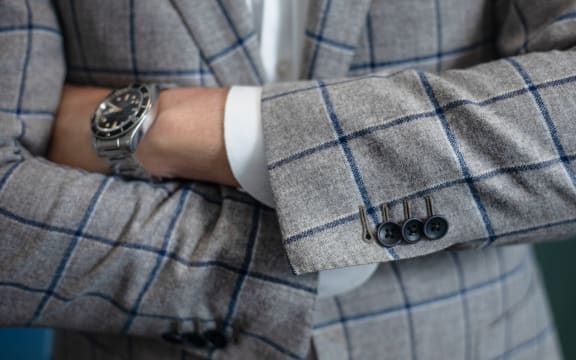
The details of dressing well matter to Philip O'Neill. Photo: RNZ / Cole Eastham-Farrelly
Dressing appropriately for any setting is important to O’Neill. He says that’s not about dressing formally.
“It just means dressing appropriately for the group that you are with. It certainly means not showing up looking unkempt, which is sort of slightly disrespectful in its own way. But it's finding a place of comfort where you're comfortable with what you're wearing, and other people are comfortable being around you.
“Not everyone cares about clothes, and I don't think they should be made to. I don't think you should have to wear a certain thing in order to be able to fit in in a certain environment, within reason… if you're going out for dinner, would I love it if people stopped wearing jandals? Yes, I would. But hey - they're not my feet. So do what you want - it's up to you.”
Stylist John agrees. Though she relishes dressing up and prefers being overdressed to underdressed, she says everyone has their own way of expressing themselves through clothes. And that might be different depending on the generation of the wearer.
“My in-laws were over from Wales last month and we took them out for dinner. My 16-year-old comes in and he's wearing jean shorts with socks, a Birkenstock and a beanie. Very on-trend. And his grandparents were looking at him going - what is he wearing? And you could tell that he was a little bit nervous, but then I thought, you know what? That's him, that's how he's expressing himself. I'm not willing to say you can't wear that.”
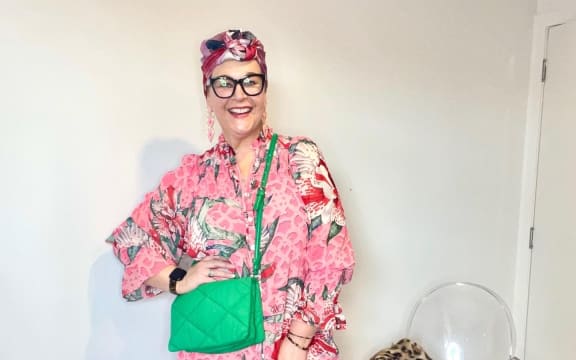
Emma John found dressing 'up' helped her cope with cancer treatment. Photo: Supplied
Having gone through breast cancer treatment last year, John says she used her clothes as a way of dealing with the struggle. She dressed up in ‘chemo day outfits’ and made an occasion of her treatments.
“I know the power of a good outfit on a bad day”, she says.
“I really can't put into words the help that my clothing and my clothing choices gave me… it was the hardest year of my life for so many obvious reasons. I'm a bit of a control freak, and I think this was something completely out of my control and it scared the living daylights out of me.
“The clothing for me was a way that I could control my environment, I could control my situation.”
Dressing up, Johns says, “is not about being a peacock. It's just about feeling more confident. That's really what it comes down to for me.”

